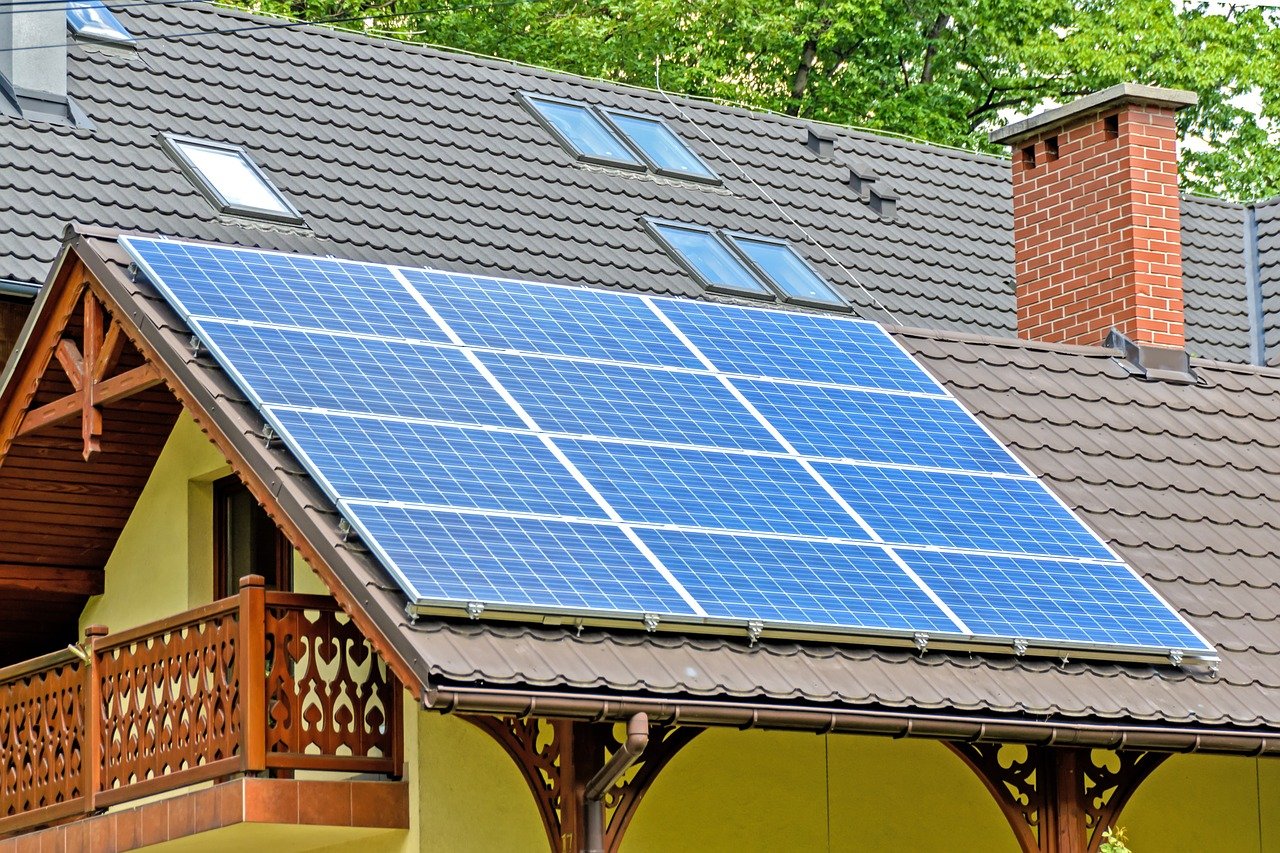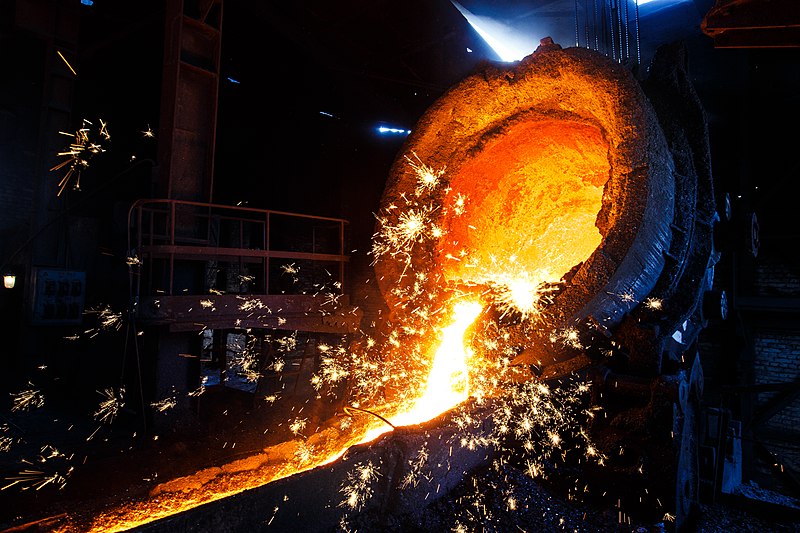Are you looking to get some sunshine into your life? Just as importantly, have you considered letting sunshine be your primary source of energy? There are numerous benefits of getting solar panels for your home.
Although prices have come down significantly in recent years, it can be challenging to find the money to finance your solar panels. The good news is, there are some financing options available to help you make your home greener by installing solar panels.
1. Get a Personal Loan
One of the best ways of financing solar panels is to apply for a personal loan. You will find loans available from a wide variety of lenders, so shop around to find the one with the lowest interest rates and the most attractive terms. You can either opt for an unsecured personal loan, in which you do not put up collateral, or a secured loan, in which you do use something of value as collateral. Generally, lenders need you to have a credit score of at least 580 in order for you to receive approval for a personal loan.
What if You Need Proof of Income? e.g. Paystubs
To get more favorable terms, you could delay your solar panel installation until you have improved your credit score. You need to consider other things when applying for a loan, too.For instance, you will surely need to provide proof of your income, in which case you may need to use an online paystub creator. The key is to be prepared. Find out what information you need to provide to ensure the loan application process goes smoothly.
2. Look at Homeowner Loan Options
Personal loans are not the only option. There are two types of homeowner loans available. The first is the Fannie Mae HomeStyle Renovation loan. It helps homebuyers simultaneously finance the purchase of a home and the solar panel installation.
You can also use the Fannie Mae loan to refinance your existing mortgage. It is worth mentioning that the loan provides as much as a 97% loan-to-value ratio, which means it is much easier to qualify for than many other loan options.
Your other option is to go through the Federal Housing Administration. It provides two options under the PowerSaver loan. The loan helps homeowners finance upgrades to save energy, including solar panels.
You can apply for the PowerSaver Energy Rehab, 203(k) Loan or the PowerSaver Second Mortgage. But to qualify, you must have a debt-to-income ratio of at least 45% and a credit score of at least 660.
3. Consider a Home Equity Loan
If you already own your home, you could consider getting a home equity loan to finance your solar panels. Lenders will usually lend you up to 85% of your property’s equity for a project like solar panel installation.
Depending on your financial position, a home equity loan can make sense. But be aware that this option means the bank has the right to repossess your property if you fail to keep up with repayments.
4. Lease Solar Panels
There is a financing option that does not include borrowing from a lender, but it means you do not get to actually own your solar panels. Still, that is not necessarily a bad thing.
If you have the opportunity to install panels without needing to qualify for a loan and in a way that makes financial sense for you, certainly consider leasing solar panels. Basically, you get to rent solar panels without needing to put down a down payment.
Conclusion
Going solar is a rewarding investment for homeowners. Not only do you avoid paying higher energy bills, but you also contribute to a sustainable future. Now is the time to explore your options.







